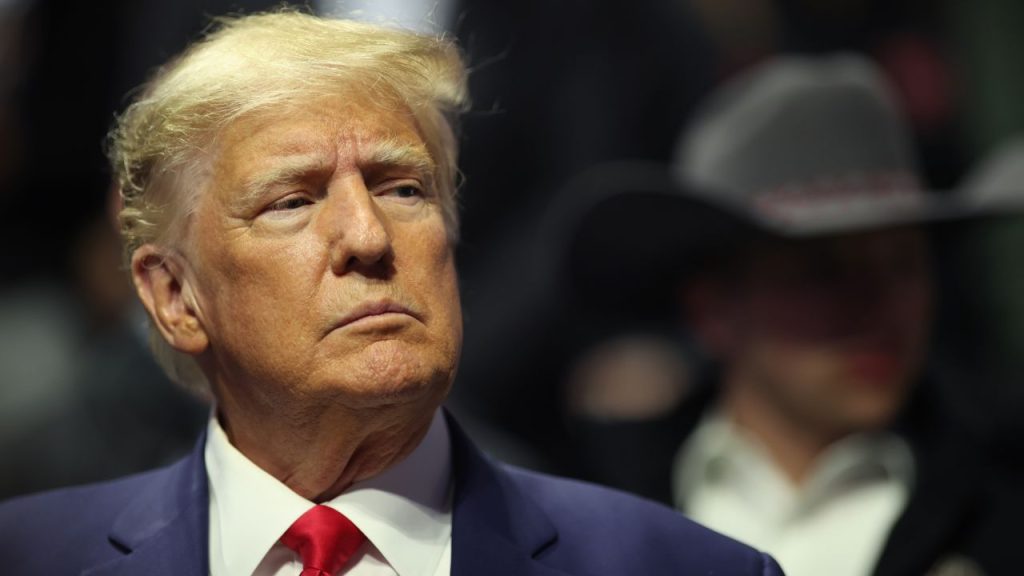Trump, Politics, and Law

by Lev Tsitrin
If you still think that Trump’s indictment is just an instance of no one being above the law, this quote from the New York Times‘ explainer “How Alvin Bragg Resurrected the Case Against Donald Trump” will quickly disabuse you. It tells the reader that initially Mr. Bragg’s investigators were “poring over the reams of evidence that had already been collected by his predecessor [but] their efforts were haphazard as they examined a wide range of Mr. Trump’s business practices, including whether he had lied about his net worth, which was the focus of the investigation when Mr. Bragg had declined to seek an indictment. But by July, Mr. Bragg had decided to assign several additional prosecutors to pursue one particular strand that struck him as promising.”
I wonder how this can be seen as an instance of a crime crying to be prosecuted rather than that of a prosecutor looking for a crime to prosecute. Lavrentiy Beria — Stalin’s chief of NKVD and the head of the Gulag system — said “show me the man and i’ll show you the crime.” Which, I am afraid, is exactly what was on display in the New York Times‘ article: to Mr. Bragg and his investigators, Trump was guilty a priori, the only question being, guilty of what?
Needless to say, the US is no USSR of Stalin’s time, and finding a man’s crime takes much longer here than it did there (one hard blow to a head usually did the trick for Mr. Beria’s goons; for Mr. Bragg, it took “several additional prosecutors who pursued one promising strand”) — but in both places, “where there is a will, there is a way.” Given the motivation to find the crime, the success of finding it was all but assured. Mr. Bragg can be justly proud of his accomplishment.
Of course, some people are so dangerous that they have to isolated from the society using any pretext at all. As George W. Bush’s Attorney General Michael Mukasey approvingly observed, “It was famously said that Robert Kennedy’s prosecutors would bust mobsters for spitting on the sidewalk if that’s what they could get.” The question is — does Trump present such danger to society that any means of his removal justify the ends of removing him?
To many who gleefully welcomed his indictment, he does. But this, then, is politics, not justice. Yet instead of admitting it, they pretend — and try to convince us hillbillies — that Trump’s indictment is not the case of politics, but of equality before the law.
Sorry friends, but this is hypocrisy, pure and simple. Thank goodness, not every one who spits on the sidewalk gets arrested. And not everyone’s “wide range of business practices” gets examined by a bunch of prosecutors in a hope of finding a chargeable offense. Clearly, Trump has political enemies; and clearly, they managed to arrange his indictment. That’s all there is to it, and let’s not pretend that there is anything else to it.
Yes, politics is a rough sport. But please, journalists, do admit that it is indeed mere politics — though politics at its roughest — that is going on here. Please don’t tell us that what we witness in Trump’s indictment is a manifestation of “equality before the law.” Or at least, don’t blame our stupidity when you discover that we don’t believe you — but rather, blame your own if you are so stupid as to believe that we will believe such a stupid excuse.
Lev Tsitrin is the author of “Why do Judges Act as Lawyers? A Guide to What’s Wrong with American Law“